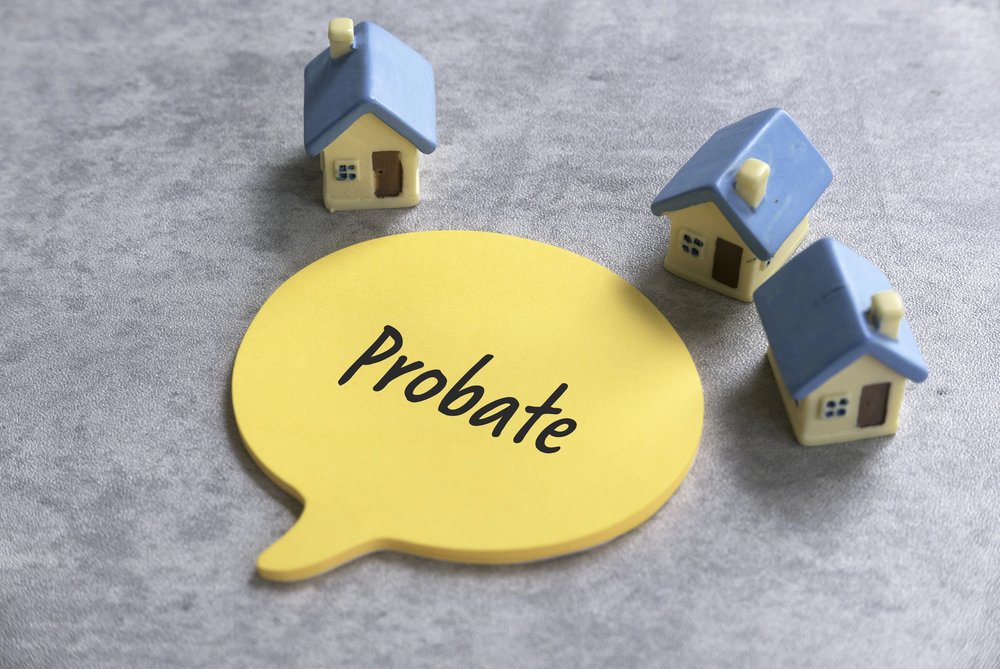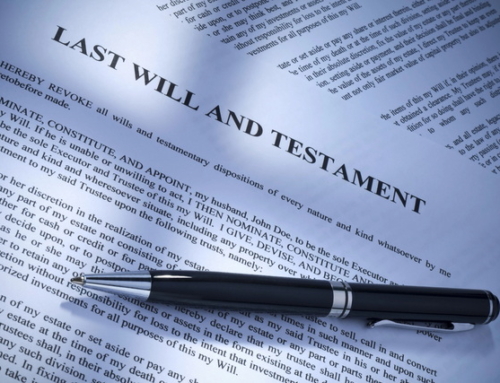Losing a loved one is never easy, and the legal matters that follow can often feel overwhelming. As a practicing Lawyer, I often encounter questions about probate—a process that many find confusing and daunting. This guide is designed to help you understand the basics of probate, why it’s necessary, and when it might not be required.
What Is Probate?
Probate is the legal process through which a will is validated by the court. It confirms the executor’s authority to manage the deceased person’s estate, including gathering assets, paying debts, and distributing the remaining property to beneficiaries. In British Columbia, probate is typically handled through the Supreme Court.
Why Is Probate Necessary?
Probate serves several key purposes:
- Legal Validation: It confirms the will is authentic and was created by the deceased without undue influence.
- Executor Authority: Financial institutions and government agencies often require probate before releasing funds or transferring property.
- Debt Settlement: Probate ensures that all debts and taxes are properly identified and paid.
- Dispute Resolution: If disputes arise among beneficiaries or potential heirs, probate provides a legal framework for resolving them.
The Probate Process Step-by-Step
- Locate the Will: The first step is to find the deceased’s original will. If there is no will, the estate will be administered under the Wills, Estates and Succession Act (WESA).
- Apply for a Grant of Probate: The executor submits an application to the Supreme Court of BC, including the will, death certificate, and detailed information about the estate.
- Pay Probate Fees: The court charges probate fees based on the estate’s value. In BC, these fees can be significant for larger estates.
- Notify Beneficiaries and Creditors: The executor must formally notify all relevant parties, including beneficiaries and known creditors.
- Manage the Estate: After receiving the Grant of Probate, the executor can access accounts, sell property, and handle other estate matters.
- Distribute Assets: Once debts and taxes are settled, the remaining assets are distributed according to the will.
- Close the Estate: The final step involves accounting for all transactions and obtaining releases from beneficiaries to formally close the estate.
When Might Probate Not Be Required?
Probate isn’t always necessary. Situations where it may not be required include:
- Joint Ownership: Assets held in joint tenancy automatically pass to the surviving owner.
- Named Beneficiaries: Life insurance policies, RRSPs, and similar accounts with designated beneficiaries often bypass probate.
- Small Estates: Some financial institutions may release funds from small accounts without probate, depending on their policies.
However, even in these cases, probate might still be needed if disputes arise or if third parties require legal confirmation of the executor’s authority.
Key Takeaway
Understanding the basics of probate can significantly reduce stress during an already difficult time. Knowing when probate is necessary and what the process involves helps you prepare and ensures the estate is managed smoothly. While this guide provides an overview, consulting a legal professional can offer personalized guidance tailored to your specific situation.
If you are looking for legal help with the probate process, please contact ALG Lawyers for assistance. Our probate lawyers in Abbotsford, Surrey and Vancouver are here to support you through the process.
Disclaimer: This blog post is for informational purposes only and should not be considered legal advice. For advice specific to your circumstances, please consult a lawyer.






